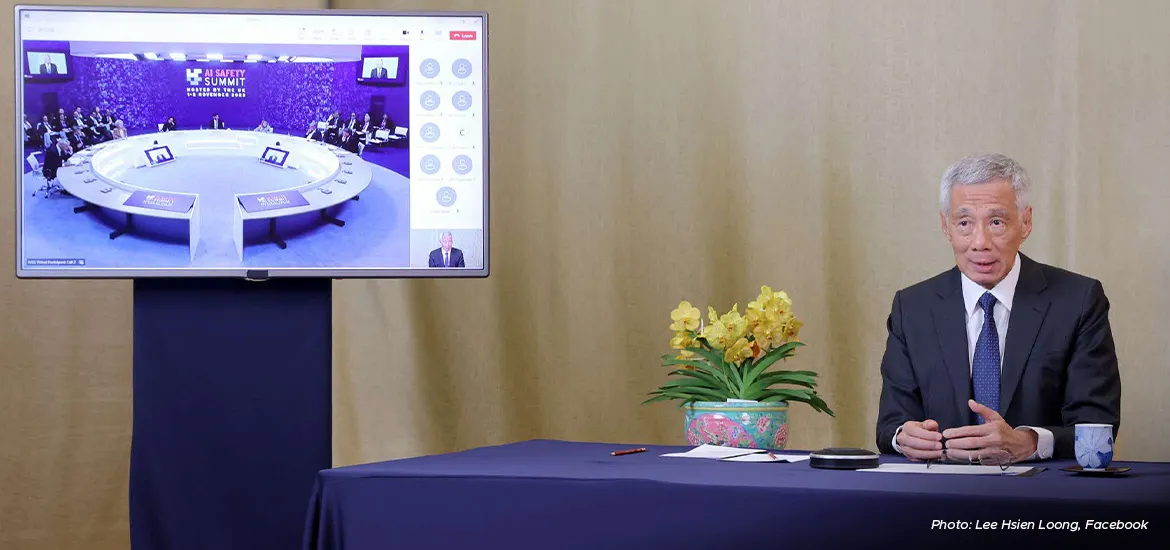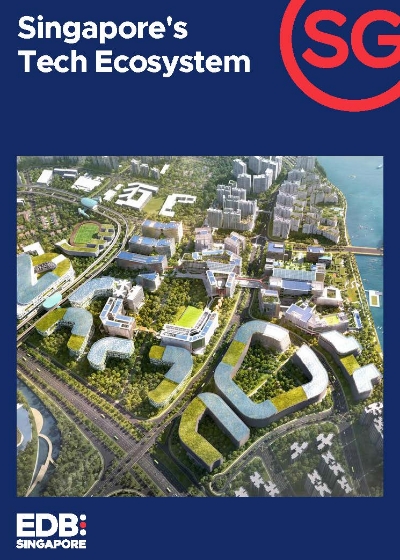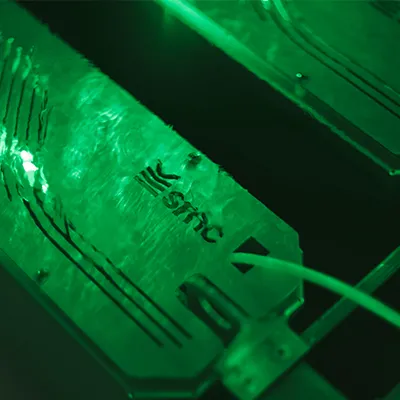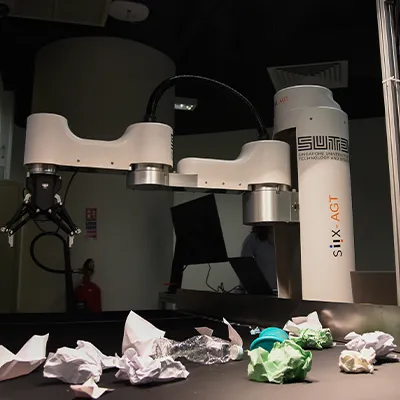Countries need to work together to better understand ethical artificial intelligence (AI), to develop and deploy frontier AI, and shape its safeguards, Prime Minister Lee Hsien Loong said, after attending the Artificial Intelligence Safety Summit (AISS) on Thursday (2 Nov 2023).
“The field of artificial intelligence is developing rapidly, transforming lives while raising deep ethical questions. We grappled with these emerging issues in our Leaders’ session,” PM Lee said on Facebook, after attending the summit virtually.
The two-day summit in Britain took place on Wednesday and Thursday (1 & 2 Nov 2023) at Bletchley Park – a former code-breaking spy base.
It brought together governments, leading AI companies, civil society groups, and research experts to discuss the risks of AI, especially at the frontier of development, and how such risks can be mitigated through internationally coordinated action.
PM Lee was invited by British Prime Minister Rishi Sunak, and spoke about Singapore’s approach to AI development and its usage.
On better understanding ethical AI, PM Lee said: “Be it decisions made by self-driving cars or doctors relying on AI-generated diagnoses, the AI systems must be imbued with human context and human values.
“We welcome the UK’s new AI Safety Institute and its cooperation with Singapore on safety testing,” he added, also saying that Singapore has introduced measures, like the AI Verify testing toolkit, to mitigate these risks.








